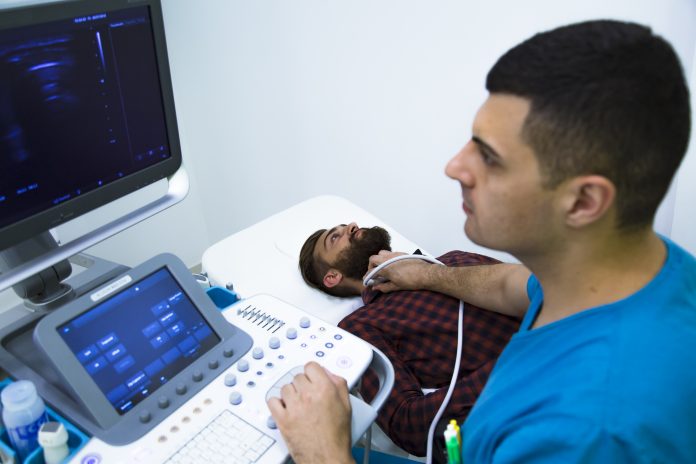
Two Carnegie Mellon University-led teams have secured about $80M in funding to speed development of implantable, cell-based bioelectronic devices. One award is worth $42M and the other is worth $34.9M. Both awards are from the Advanced Research Projects Agency for Health (ARPA-H).
Bioelectronics can deliver highly-specific therapy and monitor disease status in real time for conditions like hypo- and hyperthyroidism, which is the focus of one project, and obesity and diabetes, which is the focus for the other.
Burak Ozdoganlar, PhD, the Ver Planck endowed chair professor of mechanical engineering and the associate director of the Engineering Research Accelerator at Carnegie Mellon University, will head the thyroid-focused Biointegrated Implantable Systems for Cell-based Sensing and Therapy (BIO-INSYNC) project as the primary investigator.
“The thyroid gland controls so many integral processes within the body, and thyroid hormone imbalances can lead to weight gain or loss, mental health issues, fertility problems, and even heart diseases,” explained Ozdoganlar. “It’s important also to note that thyroid disorders disproportionately impact vulnerable populations. Our bioelectronic system offers an innovative avenue for patients to self-manage their thyroid hormone levels at a fraction of the cost. The aim is to improve patients’ quality of life by improving thyroid treatments while bridging disparities in healthcare to attain equitable care for all.”
During the six-year project term, Ozdoganlar’s team will develop and test two multi-part, pacemaker-sized system platforms that will be implanted in a patient’s chest cavity through an outpatient procedure and offer real-time, adjustable, low-cost therapy and disease monitoring for up to 12 months.
Following a “living pharmacy” concept, one of the systems will use human cells to produce and release the necessary dose of a hormone or other therapeutic molecules on demand. Utilizing a “living sentinel” concept, the second system will use cells that measure critical biomarkers to monitor the patient’s disease status continuously in real time. Both will feature remote interfaces to communicate key information and measurements with the patient via smart devices or directly to their healthcare provider.
The device for obesity and diabetes will offer continuous, adjustable and low-cost therapy deployment via a minimally invasive procedure performed in an outpatient clinic. Additionally, it will eliminate the need for weekly injections, trips to the pharmacy, and careful storage of expensive medications.
Carnegie Mellon University materials science and bioengineer Tzahi Cohen-Karni, PhD, who serves as a primary investigator on this ARPA-H award said, “Bioelectronic devices offer a myriad of benefits, including adjustable therapy delivery, dynamic monitoring and reduced biologics health care costs. We are leveraging our collective strengths to develop an effective and sustainable solution to reduce the burden of chronic care for two global epidemics—obesity and Type 2 diabetes.”
These efforts are part of the ongoing Bioelectric Medicine Initiative at Carnegie Mellon University. In addition to Carnegie Mellon researchers, the multidisciplinary project team includes members from the University of Pittsburgh/UPMC, University of Florida, and University of California—Santa Cruz. Two companies, Ginkgo Bioworks and Velentium, are also integral parts of the consortium. This award is part of the ARPA-H REACT program, which supports the advancement of implantable bioelectronic devices to improve patient management of chronic diseases.





